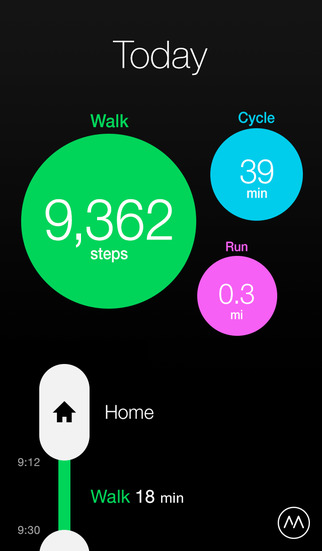 People are most incentivized to walk regularly when they are told they would lose something for failing to do so, as opposed to being told they would gain something, according to a randomized controlled trial of 281 adults recently published in the Annals of Internal Medicine.
People are most incentivized to walk regularly when they are told they would lose something for failing to do so, as opposed to being told they would gain something, according to a randomized controlled trial of 281 adults recently published in the Annals of Internal Medicine.
The 26-week trial was conducted between March and September 2014. This study was funded by the National Institute on Aging.
“Workplace wellness programs aimed at increasing physical activity and other healthy behaviors have also become increasingly popular, but there's a lack of understanding about how to design incentives within these programs,” Mitesh S. Patel, the lead author and an assistant professor of Medicine and Health Care Management in Penn’s Perelman School of Medicine and The Wharton School, said in a statement. “Our findings suggest that these programs could result in better outcomes if they designed financial incentives based on principles from behavioral economics such as loss aversion.”
The adults were split into four groups of about 70 people. In all groups, before the trial started, the participants were told to walk at least 7,000 steps per day. Thought the trial, all participants tracked their activity using Facebook’s Moves app and received daily alerts from the app notifying them if they had reached their goal. The 70-person control group received daily alerts and no incentives.
One of the three incentive groups was incentivized with $1.40 for each day they met their goal. Another, a loss incentive group, was allocated $42 upfront, but $1.40 was taken away every day they didn’t meet their goal.
The third group was offered a lottery incentive. Participants were asked to pick a two digit number between 00 and 99. Every day a number was selected and if one of the digits matched the participant’s number, they won $5. If both numbers matched, the participant won $50. But participants were only able to collect their winnings if they completed the step goal the day before. If someone won but did not complete their steps, they were informed about what their prize would have been if they had completed their steps.
After the first 13 weeks of the trial ended, participants were no longer offered incentives, but the daily performance updates were sent to participants for the length of the 26-week trial.
Researchers found that the incentive design significantly influenced participant’s outcomes. The gain incentive was no more effective than control, but those in the loss incentive group saw a 50 percent increase in the number of days they achieved physical activity goals. The researchers also noted that 96 percent of participants were still actively using the app three months after researchers stopped offering incentives.
“Our findings reveal how wearable devices and apps can play a role in motivating people to increase physical activity, but what really makes the difference is how you design the incentive strategy around those apps,” David A. Asch, a professor of Medicine and Health Care Management and director of the Penn Center for Health Care Innovation, said in a statement.



















